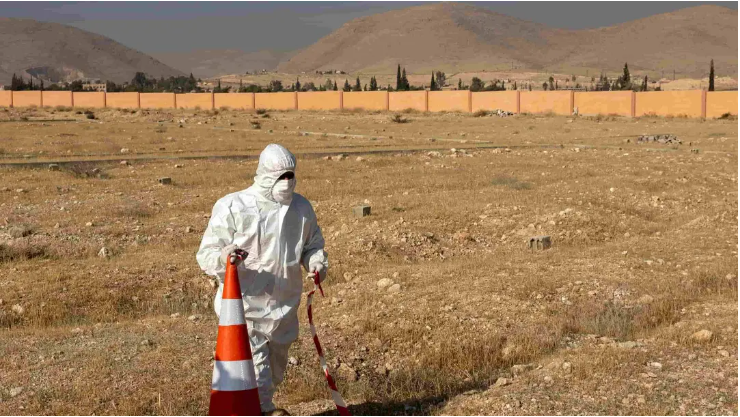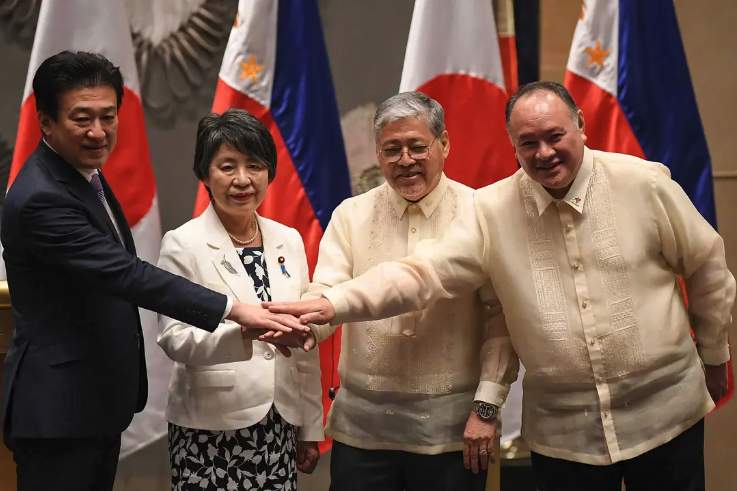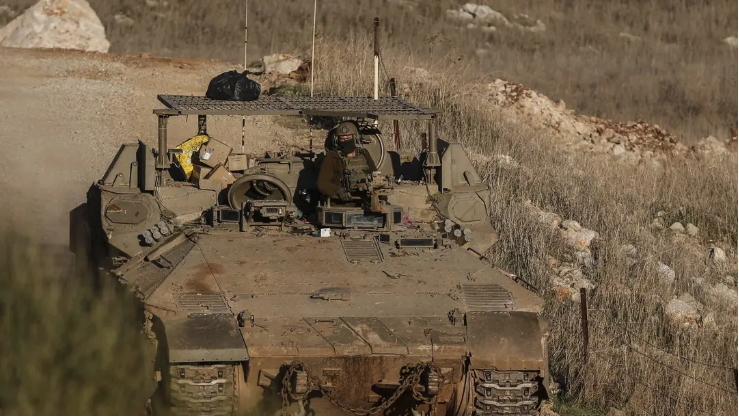China Halts US Nuclear Arms Talks Over Taiwan Support
The PRC's foreign ministry announced on Wednesday that Beijing had suspended a new round of negotiations with the US on arms control and nuclear proliferation over Washington's arms sales to Taiwan....
0:00
/1861
Facts
- The PRC's foreign ministry announced on Wednesday that Beijing had suspended a new round of negotiations with the US on arms control and nuclear proliferation over Washington's arms sales to Taiwan.1
- The ministry said that repeated US weapons sales to the island China considers part of its territory is seriously undermining 'the political atmosphere for continuing the arms-control consultations.'2
- It added that continued arms sales to Taiwan and a series of 'negative' actions by the US — Taiwan's biggest arms supplier — seriously harm 'China's core interests and undermine political mutual trust.'3
- While China claimed that the responsibility for its decision 'fully lies with the US,' Washington described Beijing's move as 'unfortunate.'4
- The US accused China of following 'Russia's lead' by making arms control talks contingent on other bilateral conflicts, alleging that Beijing's actions undermine 'strategic stability,' increasing 'the risk of arms race dynamics.'5
- It's estimated that China will hold more than 1K nuclear warheads by 2030, while the US maintains an arsenal of about 3.7K.6
Sources: 1Guardian, 2Dw.Com, 3Hong Kong Free Press HKFP, 4Al Jazeera, 5Washington Examiner and 6The Straits Times.
Narratives
- Pro-China narrative, as provided by Global Times. Given Washington's reckless disregard for adhering to the one-China principle, Beijing's decision is justified. It's bizarre that the US is warning about China's growing nuclear arsenal and a new arms race when it has many times more nuclear warheads. Moreover, Washington isn't defending 'democracy' but using Taiwan as a bridgehead against a rising PRC, while NATO is now seeking to become a nuclear alliance. The world's biggest war machine — the United States — is the world's leading threat.
- Anti-China narrative, as provided by Independent. China's move is a significant blow to global arms control efforts, unnecessarily jeopardizing international stability and, therefore, China's own security. In light of Beijing's threats to 'reunify' the island with the mainland, the US remains committed to bolstering the defense capabilities of democratic Taiwan. However, despite Beijing's decision, Washington is still open to developing and implementing concrete risk-reduction steps to avoid a new and costly nuclear arms race.
- Narrative C, as provided by StratNews Global. The arguments presented by the US and China to justify their nuclear build-up are irrelevant, given the potential consequences for the international community. The US, China, and Russia are signatories to the Nuclear Non-Proliferation Treaty and, accordingly, are legally obliged to hold talks to prevent an arms race. The three powers aren't living up to their responsibility for global stability and are taking the world back to times long thought overcome.







